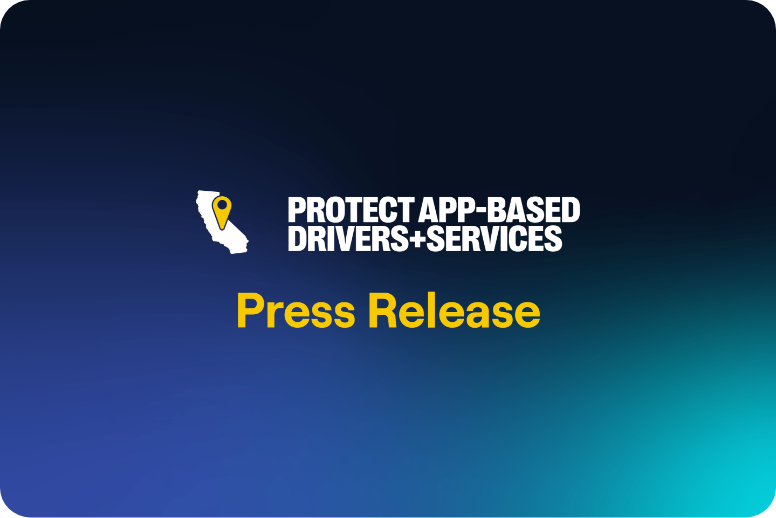By San Diego Union-Tribune Editorial Board
Proposition 22 is one more California ballot measure qualified by signature-gatherers paid by deep-pocketed special interests. Through September, gig economy mainstays Uber, Lyft, DoorDash, Instacart and Postmates had contributed a California ballot measure-record $184 million to their cause. That’s a ton of money that isn’t being spent on upgrading their technology or paying their drivers, but it shouldn’t be a reason for voters to reject this proposition out of hand. The outlay is a response to the threat posed by the 2018 California Supreme Court decision in the Dynamex case and to Assembly Bill 5, a highly contentious 2019 law championed by Assemblywoman Lorena Gonzalez, D-San Diego, that made it more difficult for companies to classify some workers as independent contractors instead of regular employees entitled to full benefits.
Proposition 22 would categorize drivers for application-based rideshare and delivery services as independent contractors and require they be paid at least 120% of minimum wage for hours they spend driving. Those who drive more than 15 hours a week on average would be given additional compensation to help pay for health insurance. Among other new benefits, drivers would be insured for medical costs if hurt on the job, would get new help in paying expenses and would have discrimination protections.
As critics point out, given how much time drivers spend waiting to land rides, the minimum wage guarantee is dubious, and the other benefits are far less than those guaranteed to full-time workers. But these are gig jobs in which those who choose to perform them have full autonomy. A majority of the Legislature and Gov. Gavin Newsom still fail to grasp the fact that these jobs are of a different nature than the binary standard set in state law of regular employees and independent contractors.
Shutting down gig jobs that have helped at least 300,000 rideshare drivers in California make ends meet during the recession caused by the coronavirus pandemic would be devastating to the gig economy and the many people who work in it — and who use it. Voters should let these workers be free to decide whether or not their jobs are good enough — not have the decision imposed on them.
Admittedly, it is easy to see why many people — not just union-friendly state lawmakers — see these gig jobs as exploitative. Even if Proposition 22 passes, these jobs won’t pay well or have good benefits. But polls consistently show that a large majority of gig drivers like their jobs and love the flexibility of being able to get paid whenever they have free time or have a particular bill coming due.
Of course, it is far from ideal to have a significant number of Americans who don’t have adequate health benefits because they patch together their income from gig jobs and other part-time work. But that reflects a failure of current and past Congresses and presidents to build a health-care system that improves on the 2010 Affordable Care Act and provides Americans with access to care seen in other affluent nations. Punishing rideshare drivers for the failings of Washington, D.C., is cruel.
State and federal lawmakers should respond to the gig revolution not by smothering it but by doing a better job of ensuring all workers have a decent safety net. The San Diego Union-Tribune Editorial Board recommends a yes vote on Proposition 22.
The Latest News

Opinion
I’m an Instacart driver: California Supreme Court must protect my job
By Stephanie Whitfield It may sound dramatic to say that app-based driving saved my life, [...] Read more
News
As Prop. 22 heads to California Supreme Court, support doesn’t break along ideological lines
By Bob Egelko Proposition 22, the 2020 ballot initiative sponsored by Uber and Lyft that [...] Read more